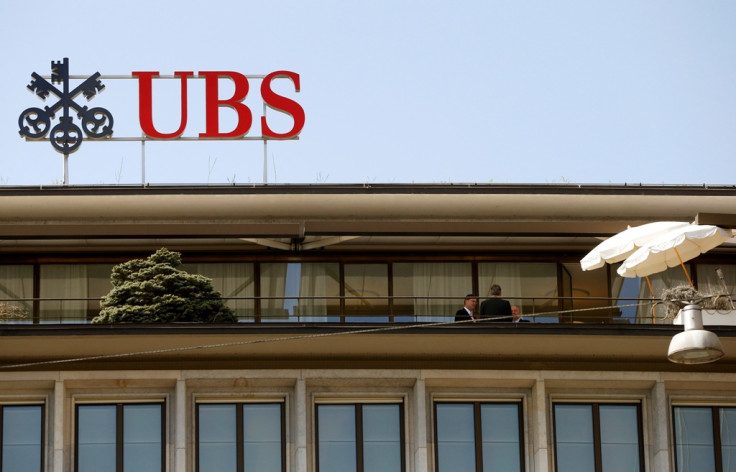Swiss Banks Question Terms of US Tax Amnesty Deals

Lawyers representing 73 Swiss banks have questioned the terms of a proposed non-prosecution agreement with the US government to avoid prosecution over helping US customers to evade taxes.
Reuters, citing a letter sent by the lawyers to the US justice department on 21 October, reported that the banks are questioning more than a dozen demands set out in the agreement and are asking to revise them.
In December, more than 100 Swiss banks joined the disclosure programme that allows them to pay fines and avoid US prosecution, according to Bloomberg.
In the letter, the lawyers said there are a number of issues in the agreement, including obstacles to "cooperate fully with . . . any other domestic or foreign law enforcement agency designated by the department".
"This requirement is not found in the Program and, indeed, turns a Program specifically focused on US tax issues into a global cooperation agreement without any safeguards or guarantees of appropriate consideration of the banks' cooperation," the document said.
Switzerland's banking privacy policies have been helping its financial sector, as wealthy individuals across the globe deposit heavily in Swiss banks to avoid taxes in home countries.
The US, which has been largely hit by tax evasion by wealthy individuals, stepped up efforts to claim back the unaccounted money in Swiss banks, threatening them with possible prosecution and huge fines.
As a result, the banks agreed to the disclosure programme, which is expected to deal a severe blow to the country's banking sector.
"The Department of Justice has been in contact with representatives of the Swiss government as well as the legal representatives of the specific banks that entered Category 2 of the Department's Swiss Bank Program," US Department of Justice spokeswoman Nicole Navas said.
"We are working through a number of issues in order to implement the requirements of the program and conclude agreements with the individual banks in Category 2."
© Copyright IBTimes 2025. All rights reserved.






















